Tariq Farid has been in the edible space for 20 years, but it’s not what you think.
His company Edible Arrangements, which was founded in 1999, sends bouquets of fruit to its customers as gifts as a healthy and indulgent alternative to a bunch of flowers. But about five years ago, he started having to defend the name of his business as the word “edible” started to mean the dodgy cannabis-infused brownie passed around at a house party.
“I started to hear about this concept of edibles in a very different light, mostly related to cannabis consumption, and we had to spend a lot of time fighting it and defining what an edible was,” said Farid.
Taking back control of edibles
After a few years fraught with confusion involving calling law firms and lobbyists and defining the word edible beyond these murky connotations, a silver lining emerged in the form of CBD, an extract from the hemp plant known for its calming qualities.
Cannabidiol (CBD), which is also produced in hemp’s controversial cousin marijuana, is known for its calming qualities and has gained in popularity as a supplement or topical for pain relief, anxiety, and insomnia among other uses. The 2018 Farm Bill accelerated this when the federal government declassified hemp as a controlled substance and today you’ll have noticed an increasing presence of CBD-infused foods and drinks in cafes, pharmacies and gas stations in major U.S. cities.
“We saw the opportunity within that original threat to take this term edible and get ahead of it with a focus on the health aspect of edibles through CBD, not the high,” said Farid in the wake of launching Incredible Edibles, a CBD business, last week.
“Everyone starts with the shock factor, but then you talk to people and it turns out many of them have tried CBD, have no problem with it, and there’s no confusion anymore.”
Farid is not the first or the last company to focus in on CBD as demand has skyrocketed. Market research firm Brightfield Group estimates that sales of CBD products in the U.S. alone will reach $5 billion in 2019, a whopping 706% increase on 2018. For the investors reading this, that’s a compound annual growth rate (CAGR) of 107%. Brightfield predicts this will increase to $23.7 billion by 2023.
What is Incredible Edibles?
But for Farid, Incredible Edibles is about much more than jumping on the latest trend to earn a quick buck. He plans to take his time coming to market with the first products. First, the company is undertaking a research project with local growers and the University of Connecticut to grow, test and process 20 acres of hemp with a $50,000 investment from the town of South Windsor, according to local media.
“We will take the slow, methodical road. We could easily start selling CBD products and doing what everyone else is doing, but we think there’s some goodness to be done here and the opportunity for a long term journey to prove out the right practices and build in the right places,” he said.
This research will involve identifying best growing practices, including the best seed genetics to comply with regulations for hemp crops to contain less than 0.3% THC — the psychoactive part of the cannabis plant — but also how to ensure the product is fully traceable from seed to shelf, right the way through the processing and product formation. This is an important step in what Incredible Edibles’ COO Ron Reynolds called the “wild, wild west of CBD.”
Consumers have no idea how much, if any, CBD is in the products they’re buying, said Reynolds, or if they’re compliant with federal regulations surrounding the concentration of THC or presence of harmful chemicals. “The fact is that hemp is extremely absorbent so any oil derived from it will be reflective of what’s in the soil, so we need to be testing the soils, the resulting hemp and much more before we start infusing it into food.”

Incredible Edibles’ process
“When we decided to do this, we went to source CBD and found places that advertised their great practices in locations like Colorado and Kentucky, but when I stopped by to meet them, it was shocking what they were actually doing and how they were handling the product,” agreed Farid. “So when we brought on Ron Reynolds, our COO, we decided there was an opportunity for us in Connecticut to research and then control the whole process, not just sourcing the crop from the seed to growing, but also its processing.”
“There will be a glut of product on the market soon but consumers will start asking, ‘Are you really delivering what you’re saying?’ We want to differentiate ourselves by offering full traceability to consumers and by working with experienced growers.”
Murky regulations
Ensuring end-to-end traceability of the product will also be important when navigating the regulatory landscape, which is still murky in many respects. CBD-infused foods are still not federally legal as the FDA has yet to give CBD a Generally Recognized As Safe designation away from its pharmaceutical uses in the treatment of epilepsy. This has put the onus back onto U.S. states to authorize CBD-infused foods, and all are responding differently. (See the latest stance on each state here.)
Connecticut does allow for CBD to be infused into food products, and the next phase for Incredible Edibles will be to work on the food science behind this, such as appropriate mixes and developing shelf-stable products, according to Farid. After that, the company will roll out its franchise model, with plans for wellness-focused locations similar to juice bars. The first will launch in Connecticut.
“Given current research and a growing body of knowledge surrounding the quality of foods we consume and their direct correlation to our health and well being, I have become convinced that high quality, fully traceable hemp CBD should be as commercially available as any other food,” he said.
But what about all the competition? “We’re used to that in franchises, but that’s also why we’re focused on spending the time to do this right and lay the groundwork for a successful supply chain,” said Farid. “We’re not just entering this space, we’re serious about building a legacy brand like we did with Edible Arrangements, that consumers are looking for and that takes the high road.”

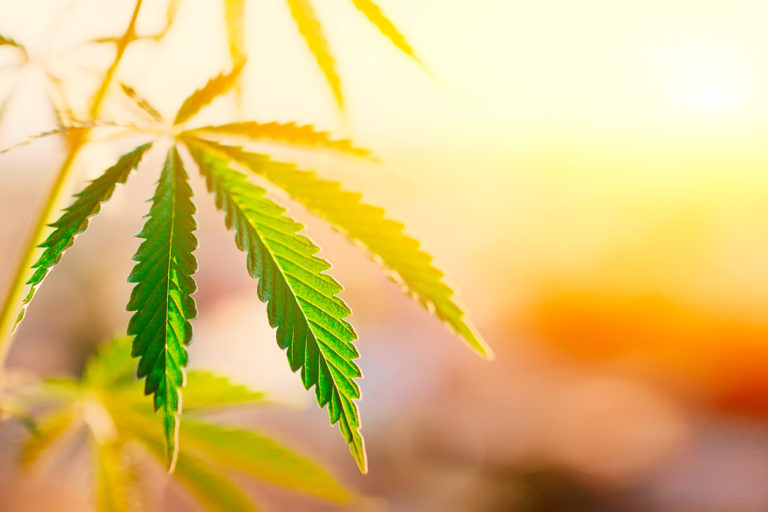
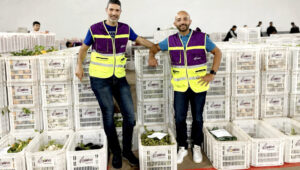

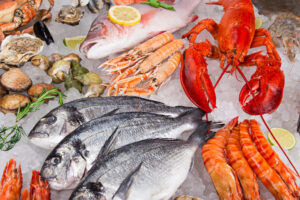

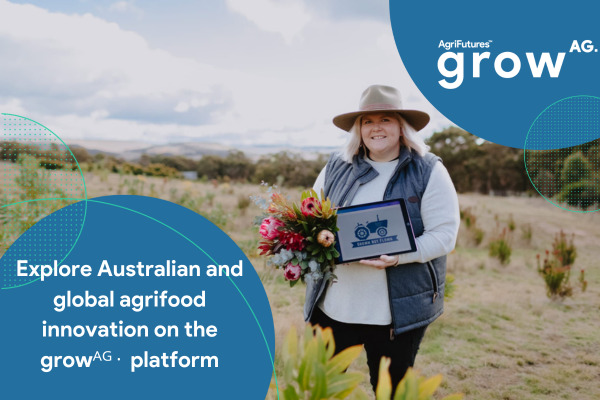
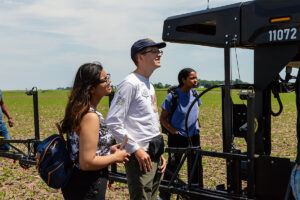

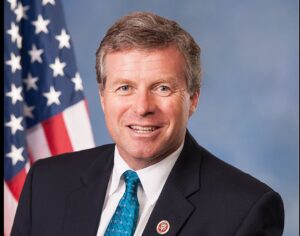

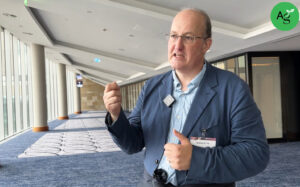



Guest article: Pure sustainability isn’t enough. Why stewardship is better for farmers and the planet